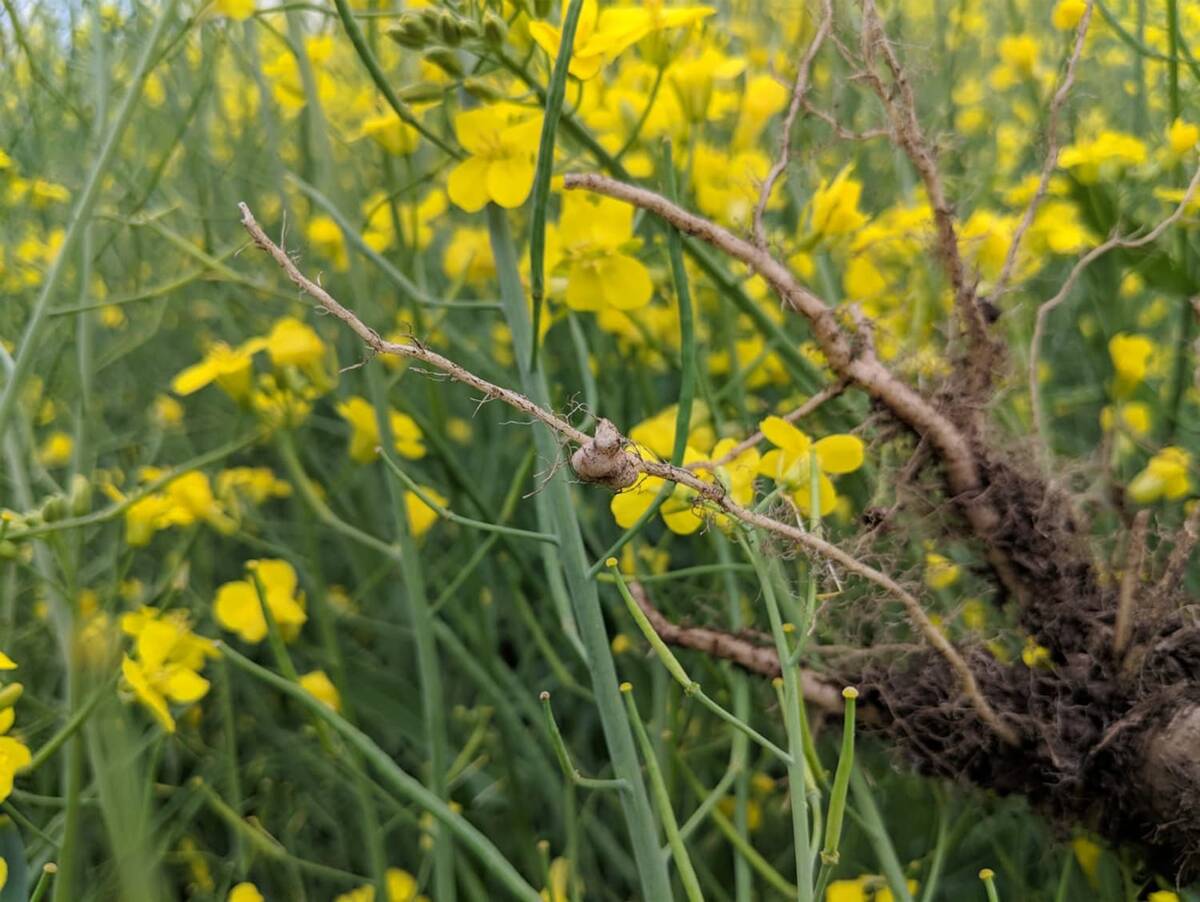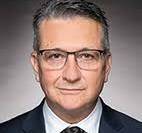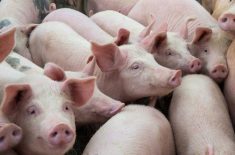Next year country has arrived in Saskatchewan, declared Bob Bjornerud, the province’s minister of agriculture.
“Really good times to be in the province of Saskatchewan, I think,” Bjornerud told more than 900 delegates at a meeting of the Saskatchewan Association of Rural Municipalities Nov. 13-14.
While he noted the situation is not as cheery for cattle producers, he said the province’s announcement of reduced provincial income tax will help.
“When you think of it, even some of us as farmers, there’s times when we’re low income and a number of you today with cattle probably fit in that category,” said Bjornerud.
Read Also

Going beyond “Resistant” on crop seed labels
Variety resistance is getting more specific on crop disease pathogens, but that information must be conveyed in a way that actually helps producers make rotation decisions.
He cited other provincial programs that offer help to farmers, including subsidies under the Farm and Ranch Water Infrastructure program, gopher control rebates and the sale of agricultural crown land to lessees.
“What I’m asking you today is, for goodness sake, try if you can at all, take part in this (water) program and utilize these dollars. You may never get another opportunity,” said Bjornerud.
The total sale amount from the leased land would put about $350 million into provincial coffers.
“The argument could be made to return a large portion of that money into the agricultural industry in this province.”
Bjornerud said14 main ideas from the crop insurance review are being cost assessed and farmers will know in February what parts of will be incorporated for 2009.
Administration of the federal AgriStability is moving to Saskatchewan. Bjornerud said it would cost more, but will save money in the long run and create 110 new jobs in Melville and 30 others in Saskatchewan.
The minister tempered his good news with a warning about American protectionism through the country-of-origin meat labelling law.
“Maybe it’s time to start playing hardball with the Americans. Don’t forget for a minute that the Americans need our oil and need our gas and I don’t think we’ve ever played that to say, ‘well, if you do this, we do that.”
















